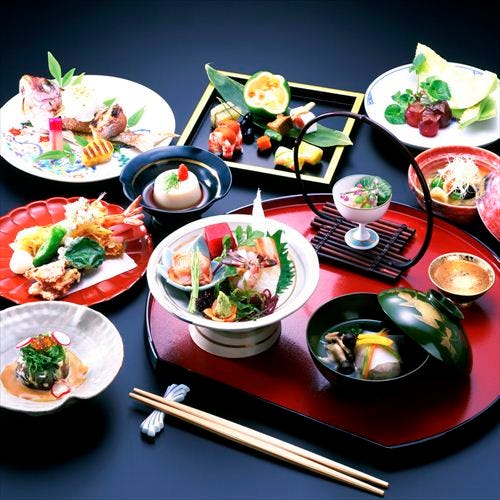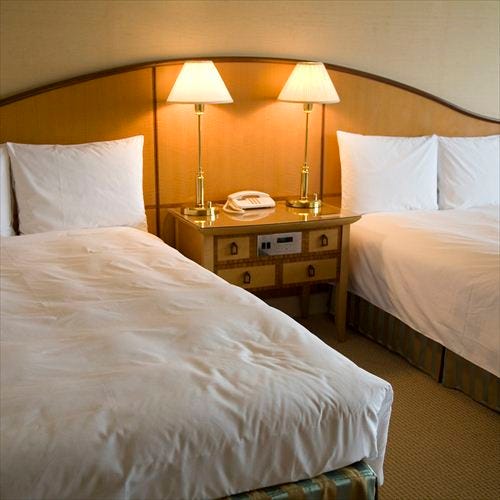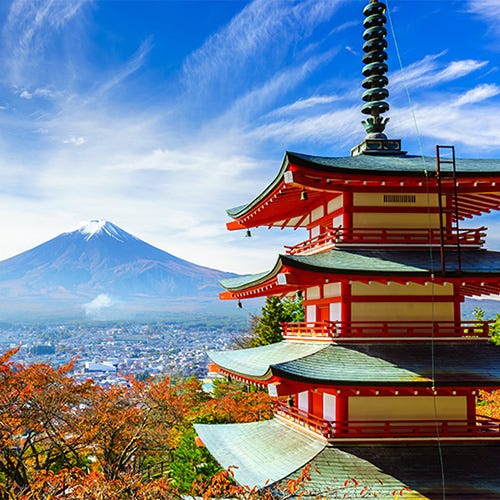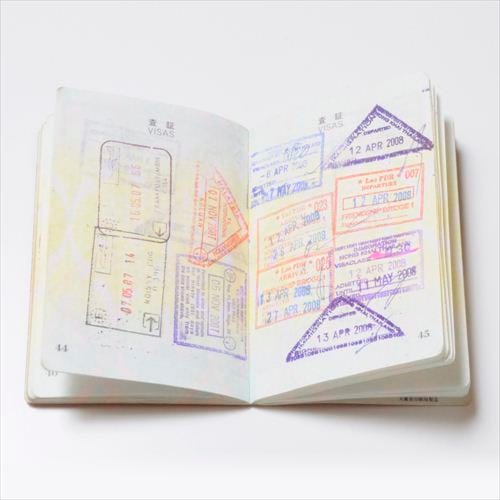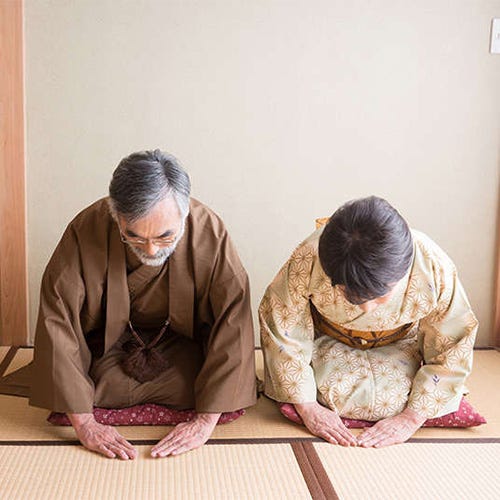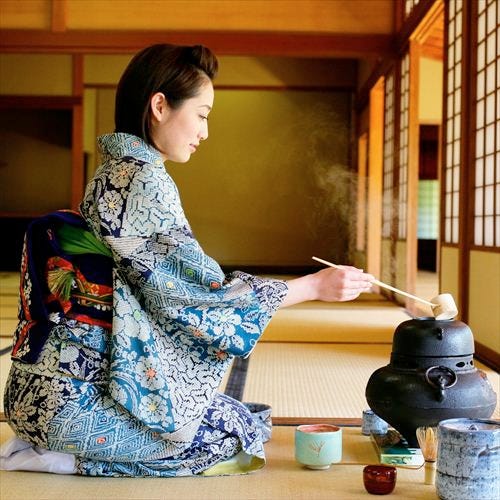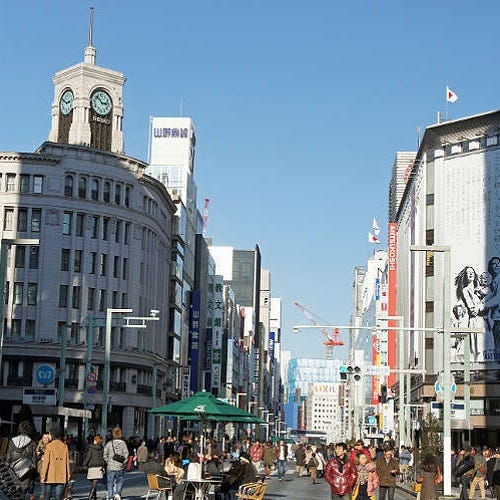
Have ink and want to enjoy a relaxing soak at a tattoo-friendly onsen in Tokyo? We've put together this helpful list of seven hot springs and sento baths where you can do just that!
Since long before foreign tourists were freely coming in and out of Japan, tattoos have been traditionally been seen as a mark of the more nefarious elements in Japanese society.
While in many ways Japan is continuously adapting to the ways of the western world, the traditional views on tattoos as something “bad” is still very prevalent. Thus, it’s not very surprising that so many onsen (hot springs) and “sento” (bath houses) still forbid the entrance of those with tattoos.
However, don’t give up hope yet, tattoo lovers! With the continued influence of western culture on Japan, the number of Japanese who casually sport ink has been increasing recently.
In order to cater to the increasing potential customers with tattoos, more and more onsen and sento have been popping up around Japan.
We want all of our readers to enjoy all of the wonders of Japanese onsen so we’ve prepared a small list of them that are worth going to that allow those with tattoos to enter.
- Table of Contents
-
- 1. Hasunuma Onsen: An appealing natural hot spring with stained glass decor (Kamata)
- 2. Kosugiyu: Regular events and special baths with unique features (Koenji)
- 3. Konparuyu: More than 150 years of public bathing right smack in the middle of Tokyo (Ginza)
- 4. Natural Hot Spring Hisamatsuyu (Sakuradai / Ikebukuro)
- 5. Mannenyu (Shin-Okubo / Shinjuku)
- 6. Takaban-no-Yu (Gakugei Daigaku / Shibuya)
- Onsen manners: How to use public baths (Sento) in Japan
- Things to note before using a tattoo-friendly onsen in Tokyo
- Why are Tokyo's Tattoo-Friendly Onsen So Cool?
1. Hasunuma Onsen: An appealing natural hot spring with stained glass decor (Kamata)
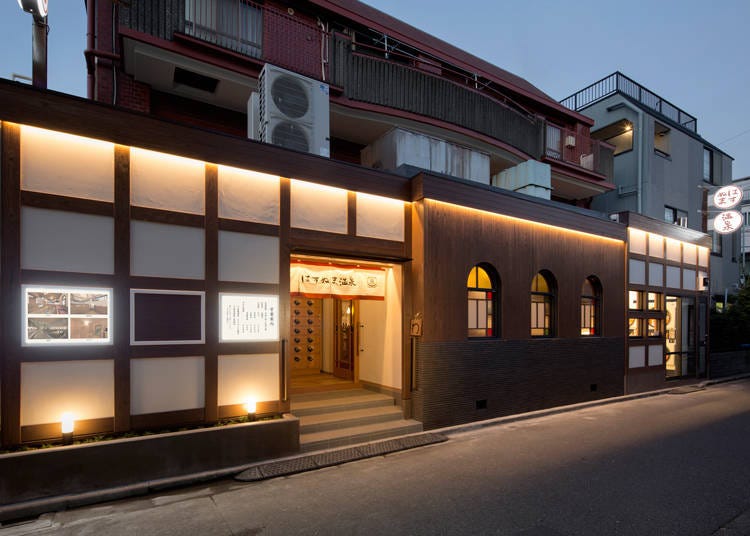
Hasunuma Onsen is a tattoo-friendly onsen in Tokyo located about 20 minutes by train from Shinagawa Station. It only uses natural spring water for its baths.
The water makes the skin so smooth and supple that it's earned itself the moniker of "beautiful skin bath" among patrons. The place is usually packed even on weekdays with visitors from near and far who have traveled here in search of the health benefits of its natural hot spring water.
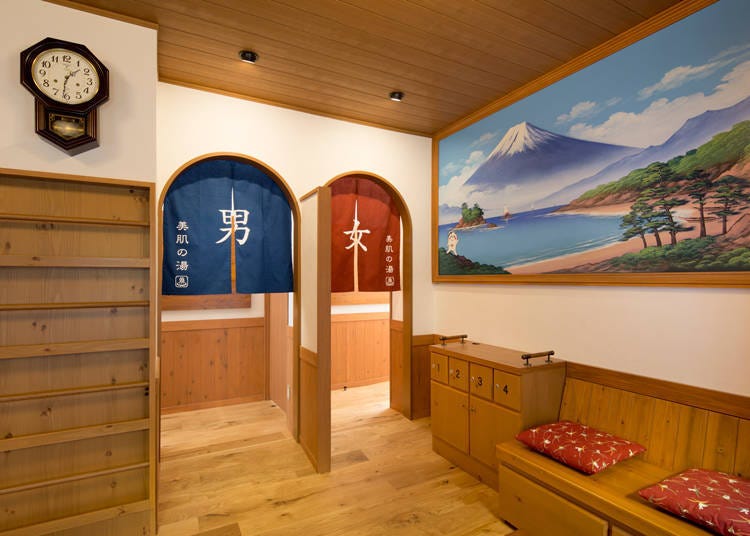
Loved and appreciated by local residents for ages, the facility underwent a major renovation in 2017 and emerged with a design reminiscent of Japan's olden Taishō Era (1912 C.E. to 1926 C.E.), meant to evoke an uplifting, idealistic mood.
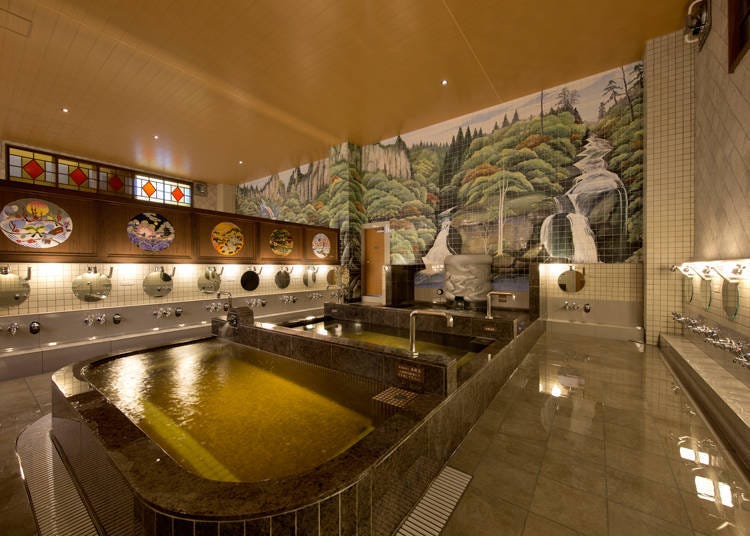
The bathroom's daunting wall tile artwork of a majestic waterfall has been one of the facility's most well-known features even before the renovation. Round windows painted with beautiful natural sights separate the male and female bath areas, adding a touch of pomp to the interior. They also complement the waterfall mural perfectly.
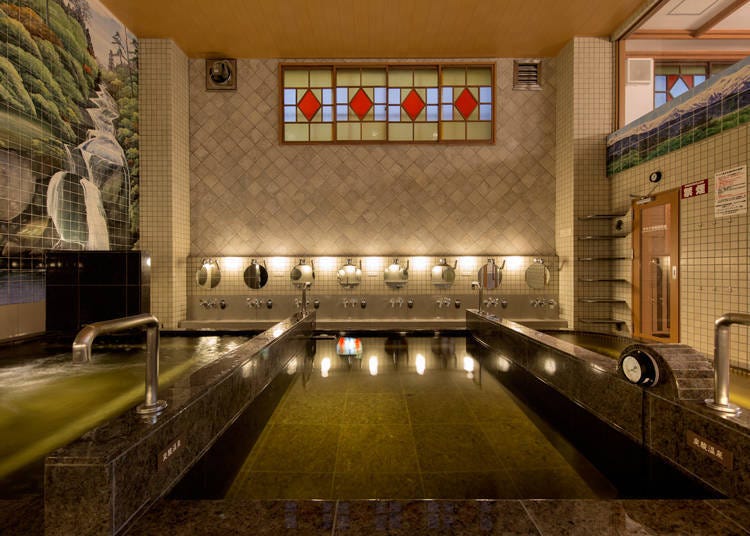
In the bath space, you'll find three tubs. One is filled with hot spring water, another, hot carbonated spring water, and finally, natural spring water. The carbonated spring is said to promote blood circulation and is great for taking all your travel fatigues away.
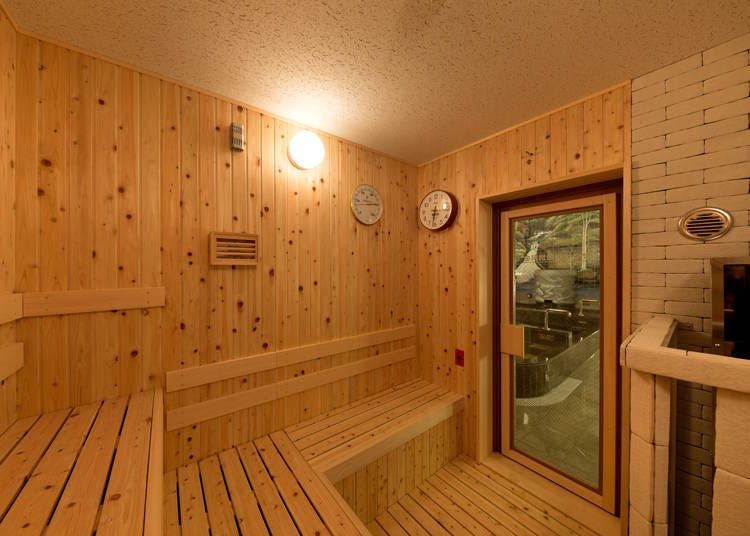
Sauna rooms are also available for 300 yen per use. The floor and walls are made with planks of Japanese cypress, infusing the room with the mellow scent of natural wood. After thoroughly enduring the high temperatures here, you get to easily wash all your perspiration away in a bath of natural spring water. Talk about extravagance!
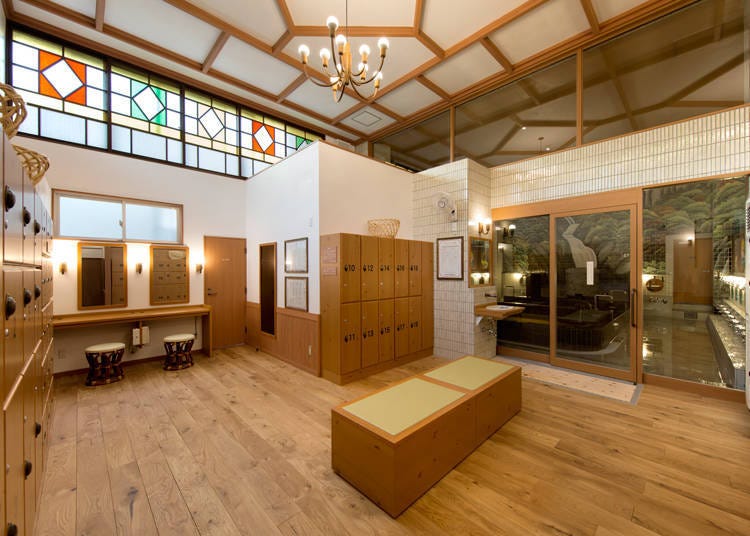
The changing room's stained glass windows, chandeliers, and coffered ceilings with checker motifs were individually picked to enhance the room's quaint charm. The high ceiling makes the room look spacious and welcoming.
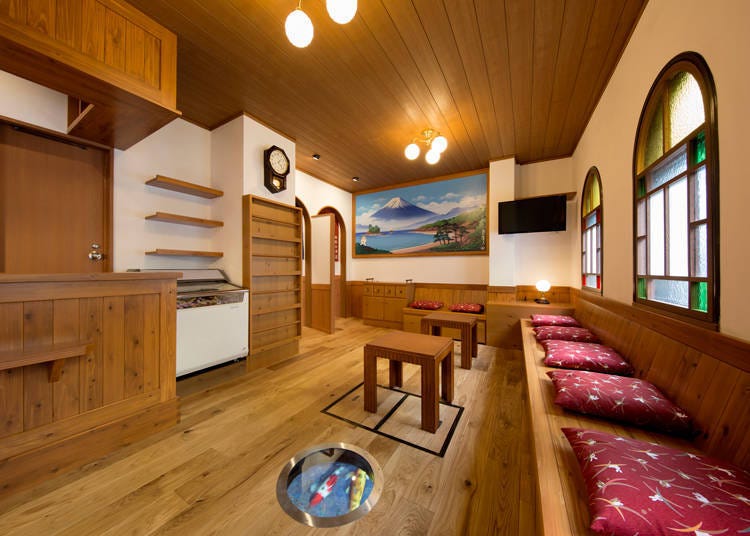
The lobby where you hang out in after the bath has a fresh and trendy design as well. Did you notice the little glass window on the floor and what's inside? Yes - those are koi fish! They're unfortunately not real, however, just images being shown on a digital signage. Many public baths in Tokyo in times past kept koi ponds, and this element was added in order to remind patrons of the facility's traditional roots.
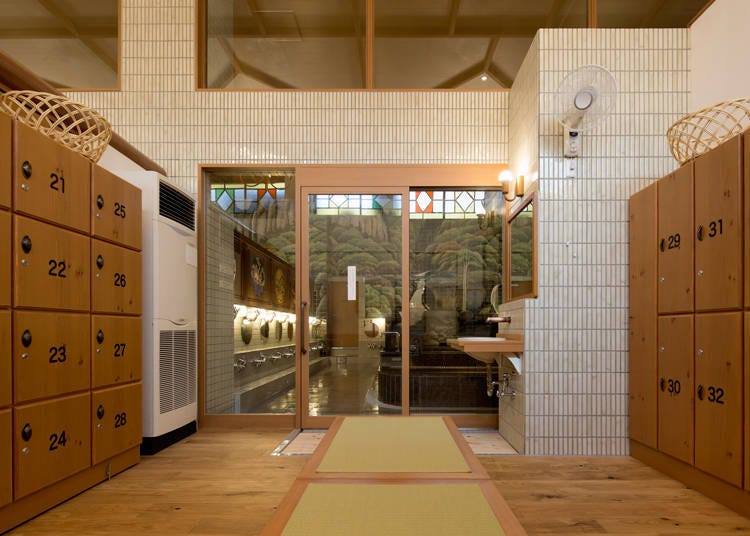
The tattoo-friendly facility has prepared a few tools with English explanations to help foreign visitors enjoy their outing here as well. Since soap and two sizes of towels are available for rental here, you can feel free to hop by even if you don't have any bath toiletries on hand.
Hasunuma Onsen is worth visiting despite the hassle of a train transfer because of its natural spring water and beautifully renovated interior that still retains elements of its traditional charm.
-
Hasunuma Onsenはすぬま温泉
- Address 6-16-11, Nishi Kamata, Ota-ku, Tokyo-to
-
Nearest Station
2-minutes walk from Hasunuma Station on the Tokyu Ikegami Line
- Phone Number 03-3734-0081
Hours: 3:00 p.m. – 1:00 a.m.
Closed: Tuesdays
Fee: Adults 470 yen; Elementary to Junior High students 180 yen
2. Kosugiyu: Regular events and special baths with unique features (Koenji)
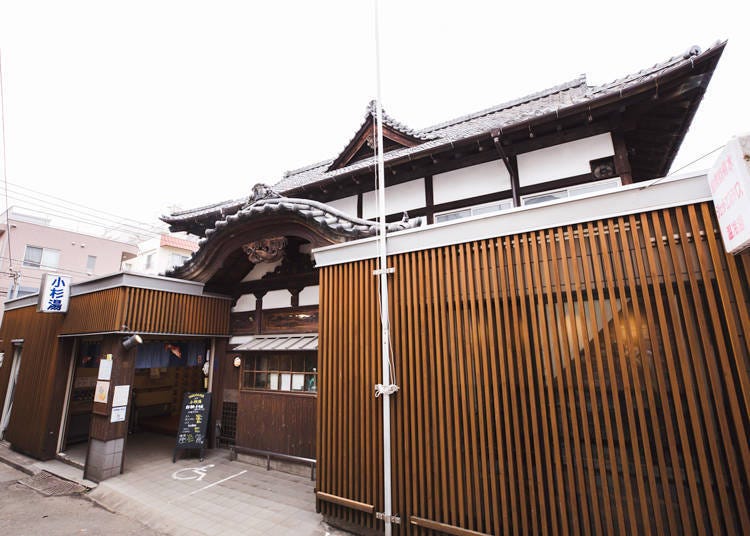
Kōenji, about 15 minutes by train from Shinjuku is a popular town among creators like musicians and illustrators. Kosugiyu is a public bath in Kōenji with about 90 years of history under its belt, and the facility is certainly a creative place that has carved its own niche inside this thriving subculture town.
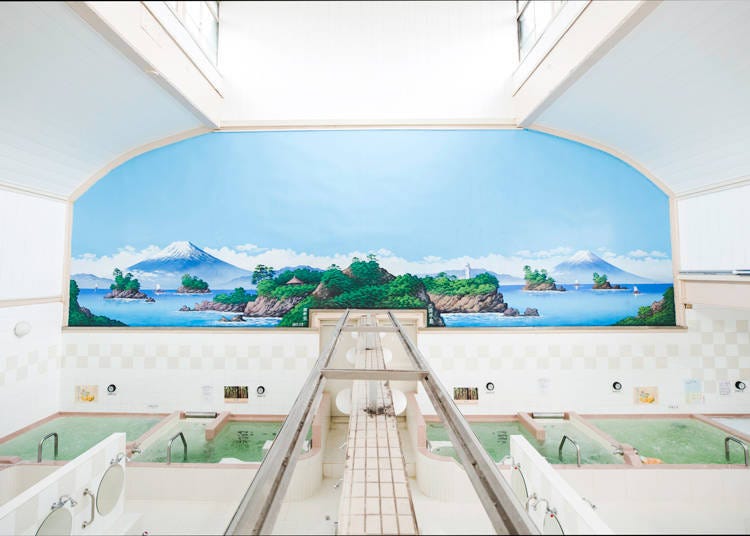
With a massive Mount Fuji wall art and an emphasis on white tones in its shower and air bubble bath rooms, this facility seems determined to make you feel clean by just looking at it! The room layout with rows of tightly packed seated showers is that of a typical Japanese public bath space, making the place uniquely Japanese in its own way as well.
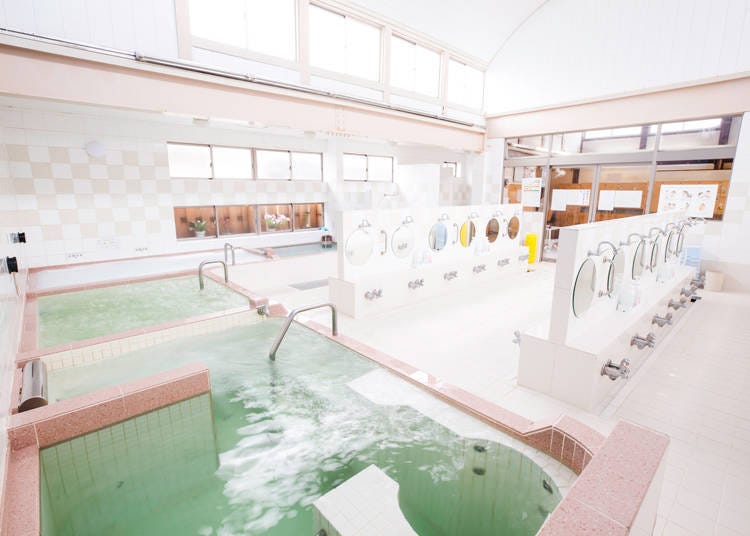
Even the changing room is standard and simple. As a bonus, shampoo, body soap, and other amenities can be borrowed from the facility completely free of charge.
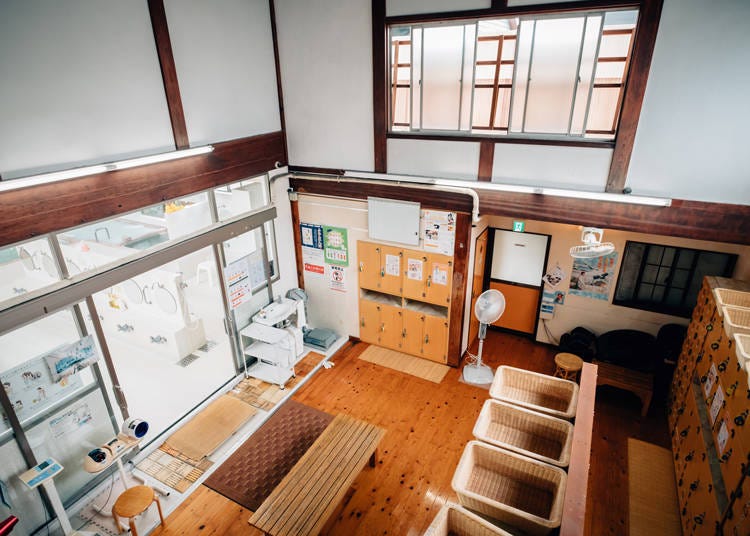
For bathers looking for something a bit more different, feel free to rent a fluffy Imabari towel at 50 yen per towel. In case you didn't know, Imabari is a region in Japan famous for producing quality towels. And since you're here to enjoy Japanese bath culture, you might as well go all out with the towels too!
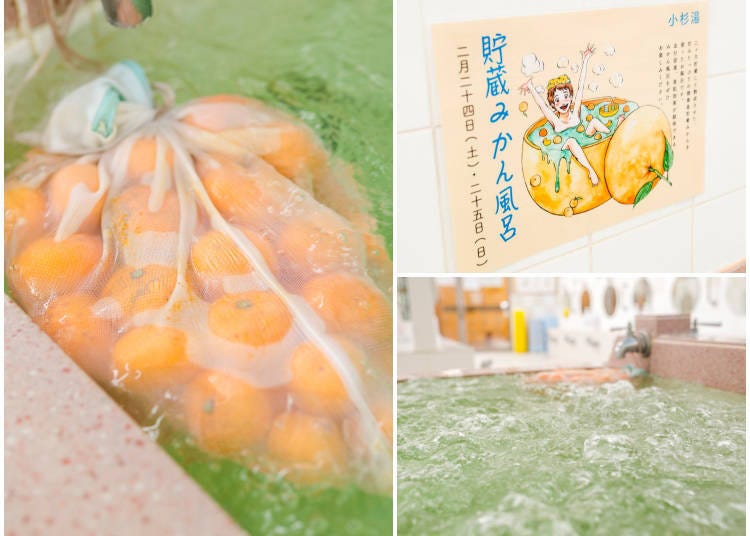
Now here's what sets Kosugiyu aside from regular public baths: Unique baths that are only available on a seasonal basis. Some of the more special baths you'll find are milk baths, baths with floating mandarin oranges, and a tomato-based bath that was created in conjunction with a local tomato juice manufacturer. These seasonal offerings add a certain flavor to the otherwise rather mundane activity of bathing, and if you're in town when the special baths are in action, consider dipping into one!
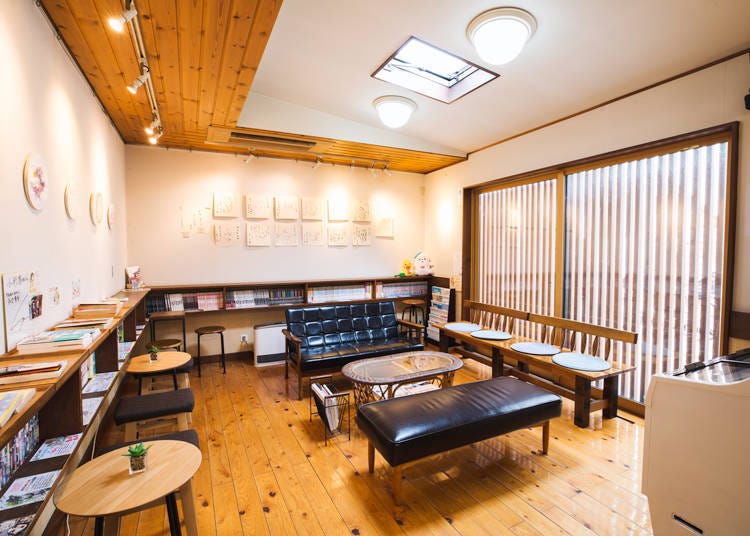
As mentioned earlier, the facility has carved out a niche in the subculture town it calls home. How so? By being sufficiently artistic as well, to match the general mood of the town, of course. Check out the lounge space that's been prepared for people to relax in after a bath. Artwork is being regularly featured on the walls on a rotation basis. There are even sets of cute-looking illustrations that educate visitors on the proper way to use the changing rooms!
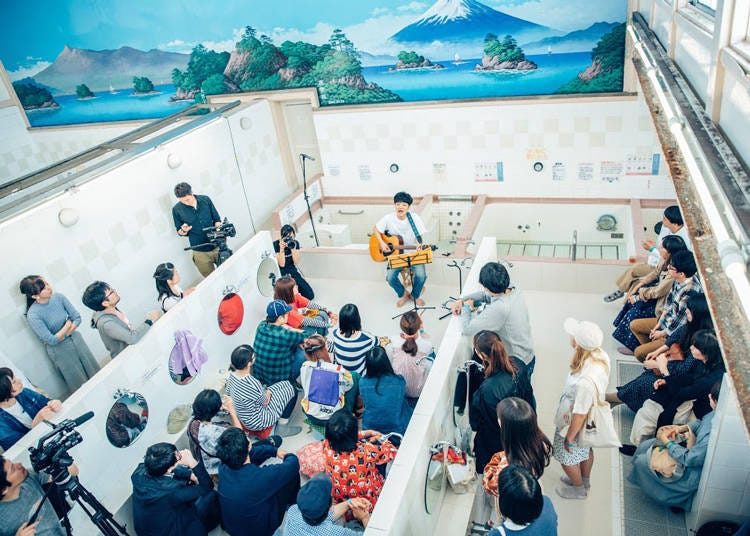
Another special feature of Kosugiyu is the slew of unique events being held here regularly, like rakugo (traditional Japanese storytelling) performances, music concerts, and the Japanese version of Oktoberfest, just to name a few. The events are held in a way that makes it easier for people who don't usually visit public baths to step in and have a good time as well.
Kōenji town itself is packed with good eating places and an excellent place to experience the varied and interesting subcultures of Japan, so the number of foreign visitors are understandably on the rise. To cater to them, Kosugiyu also has English pamphlets and English-speaking staff on hand.
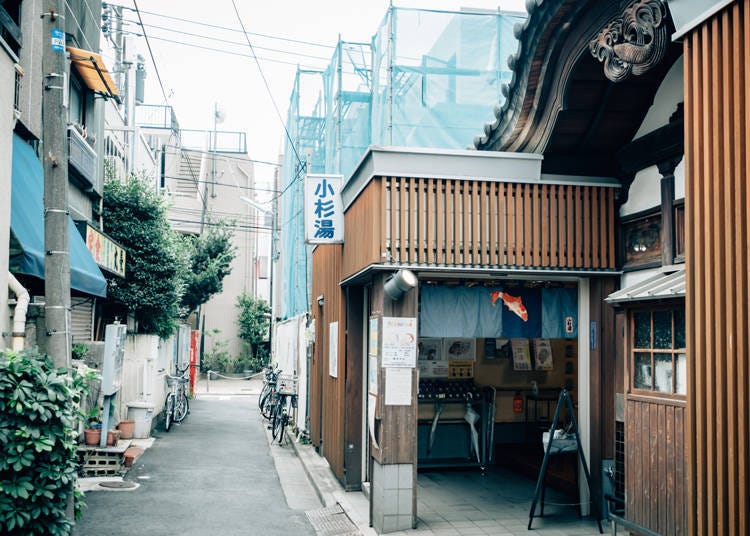
Japan's public baths have always been considered a gem to be cherished by locals - a location where people of all ages in town can gather together for a common activity. Kosugiyu is similarly not just a place that transcends generational boundaries, but racial ones as well. This is where you can take a long and soothing bath in a homey environment that hasn't changed much since its establishment!
-
Kosugiyu小杉湯(こすぎゆ)
- Address 3-32-2, Koenji Kita, Suginami-ku, Tokyo-to
-
Nearest Station
5-minutes walk from Koenji Station on the JR Lines
- Phone Number 03-3337-6198
Hours: 3:30 p.m. – 1:45 a.m. *Sundays only 8:00 a.m. – 1:45 a.m.
Closed: Thursdays
Fee: Adults 470 yen; Elementary school students 180 yen; Toddlers 80 yen
3. Konparuyu: More than 150 years of public bathing right smack in the middle of Tokyo (Ginza)
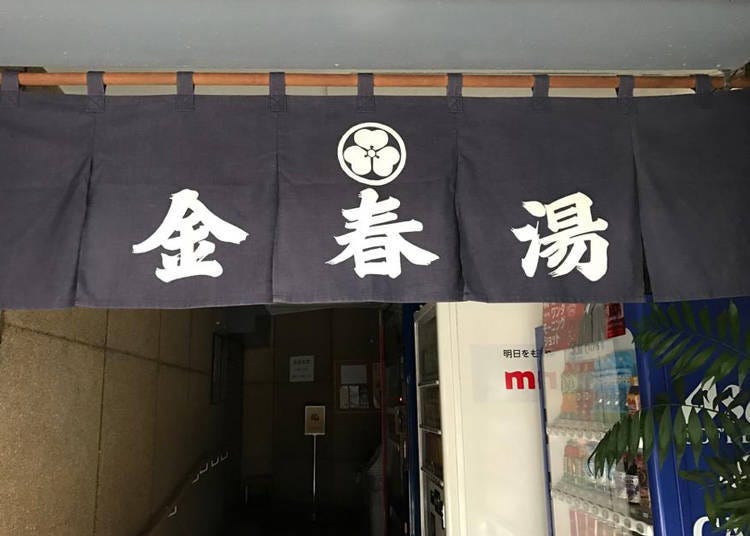
Just a 5-minutes walk from Ginza Station on the Tokyo Metro Ginza Line is Konparuyu, a tattoo-friendly public
hot spring bathing facility in the center of Tokyo that's been in business since 1863 - that's more than 150 years! There are only two public baths in all of Ginza (as of the time of writing), and Konparuyu is one of them.
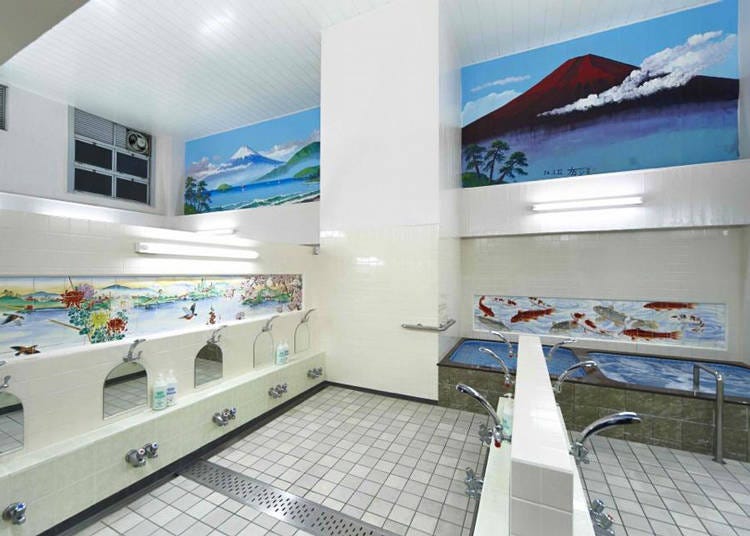
As you enter the bath space, you can't help but feel your eyes being drawn to the imposing wall art of Mount Fuji. This is the work of Morio Nakajima, one of the last two muralists in Japan. Elsewhere in the room, you'll also find paintings of koi fish and beautiful natural sights painted in the beautiful style of Kutani ware, a type of Japanese porcelain art.
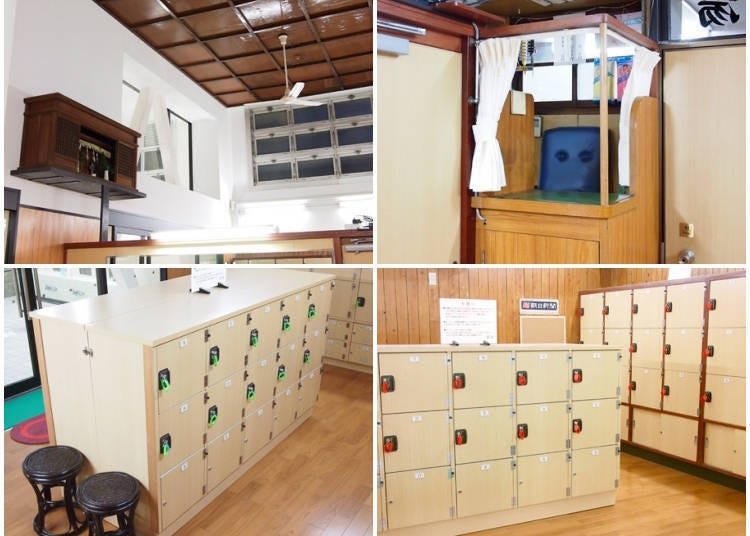
The changing rooms look and feel traditional as well. A bandai counter is used to collect entry fees and sell toiletries like soap. The large ceiling fan also adds to the olden mood in its own way. Directly opposite the bandai is an old household altar that was made more than 100 years ago. Restrooms are separated by gender and come installed with western-style toilets and washlets that even international visitors can use with ease and comfort.
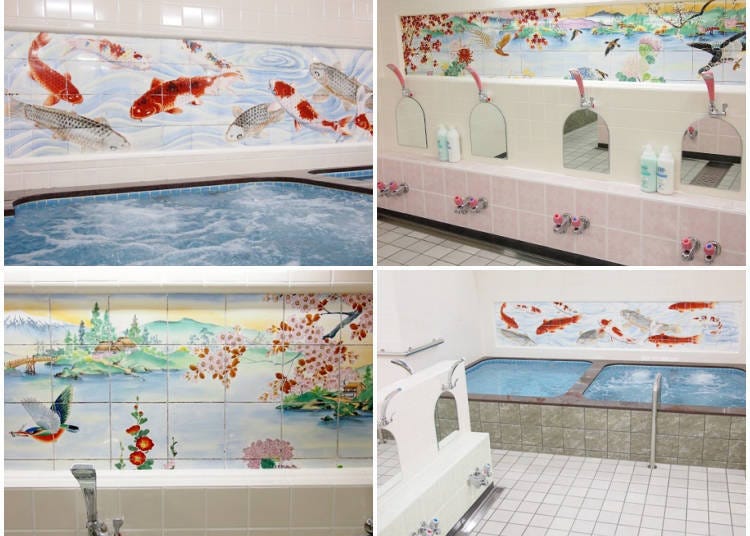
Konparuyu has two bath tubs. Some days, seasonal herbs and flowers such as irises, lavenders, and yuzu are mixed into the bath water for added fragrance. Shampoo, conditioner, and body soap are available for use within the bath room, so you don't have to buy and bring your own if you don't want to.
Note, however, that these won't be available during the 100 yen sentō day every second and fourth Friday of the month, so if that's the day of your visit, be sure to bring along your own toiletries.
Information about temporary closures and events can be found on the facility's official Facebook page. While these details are only published in Japanese, it's still worth a quick check before you head down, just in case!
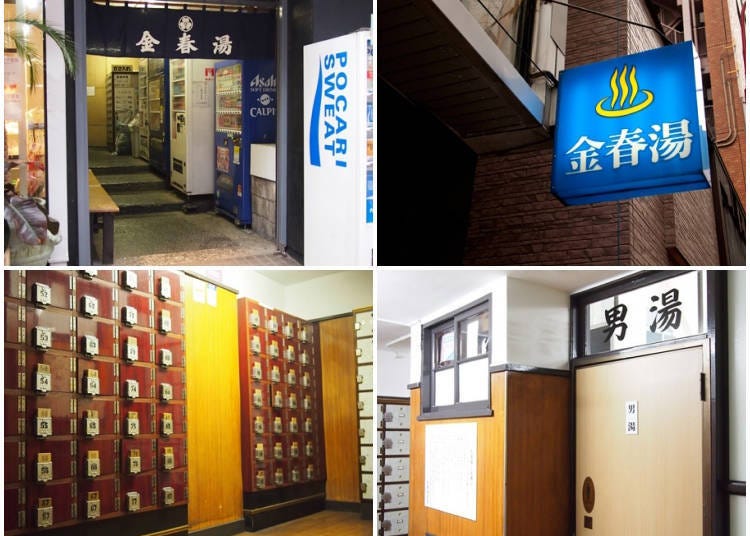
Every staff member working here is friendly to a fault and foreigners are very welcome. The facility's conveniently placed location also means you can drop by before returning to the hotel or in between shopping trips for an authentic retro-style Japanese public bath experience.
-
Konparuyu金春湯(こんぱるゆ)
- Address 8-7-5, Ginza, Chuo-ku, Tokyo-to
-
Nearest Station
5-minutes walk from Ginza Station on the Tokyo Metro Ginza Line or Shimbashi Station on the JR Lines
- Phone Number 03-3571-5469
Hours: 2:00 p.m. – 10:00 p.m.
Closed: Sundays and national holidays
Fee: Adults (12 and above) 470 yen; Children (7 to 12) 180 yen; Minors (6 and below) 80 yen
4. Natural Hot Spring Hisamatsuyu (Sakuradai / Ikebukuro)
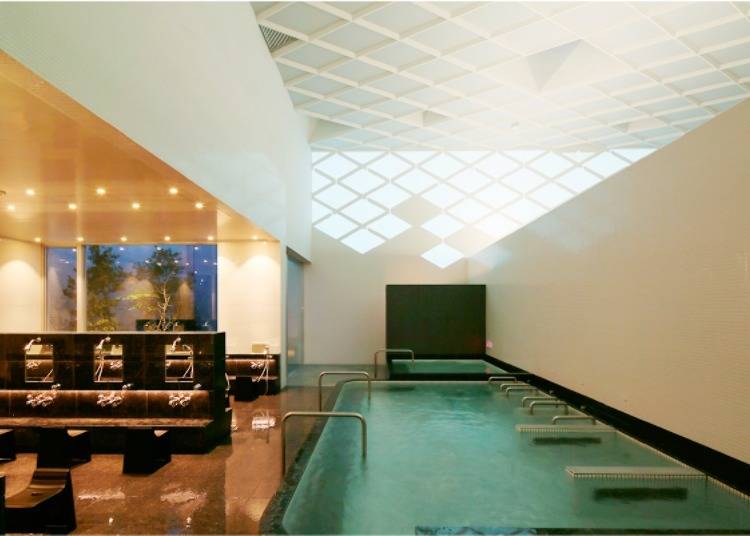
Hisamatsuyu is located a few minutes' walk from Sakuradai Station which is 10 minutes away from Ikebukuro Station. It is an example of Japan’s new-age “super sento” and their theme is “Light and Wind: a bathhouse in the midst of a thicket”! You’ll notice just how contemporary Hisamatsuyu is the second you step your bare feet onto their heated floor in the entrance!


The sento has actually been around since 1956, but it has repeatedly been remodeled to keep up with the times. The most impressive thing about this place though, is the use of projection mapping in the bath areas to create a truly modern, stylish, and relaxing atmosphere.
There are four different artistic nature pieces projected onto the ceilings, each lasting about 15 minutes! The shows were put together by Atelier Omoya, the same artist group who designed the famous “Water Canvas” at the Charles de Gaulle Airport in Paris, France.
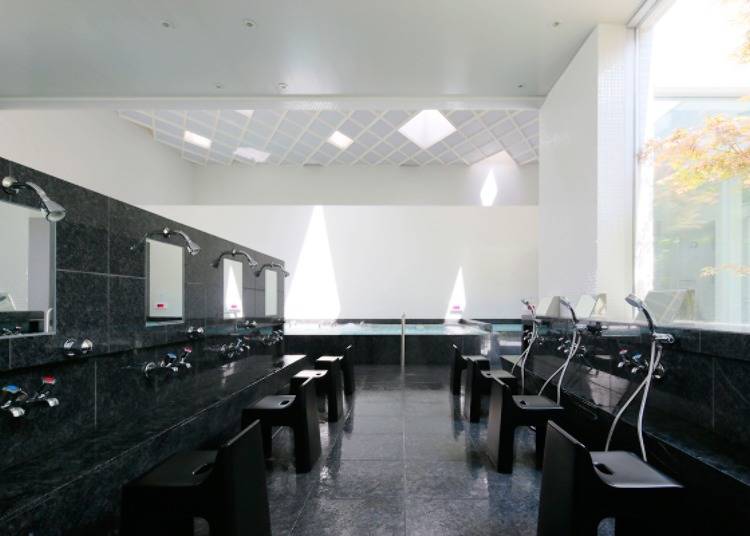
With the most recent remodeling, Hisamatsuyu‘s main bath is now filled with high-quality sodium water from 1,500 meters underground for your pleasure.
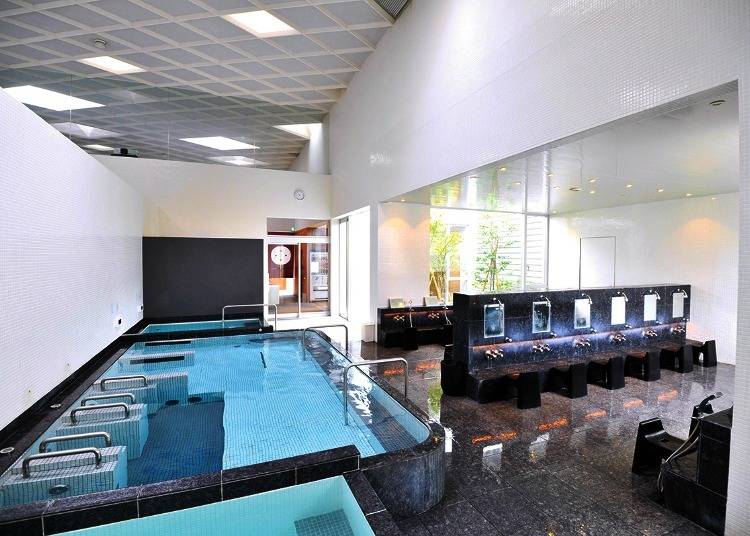
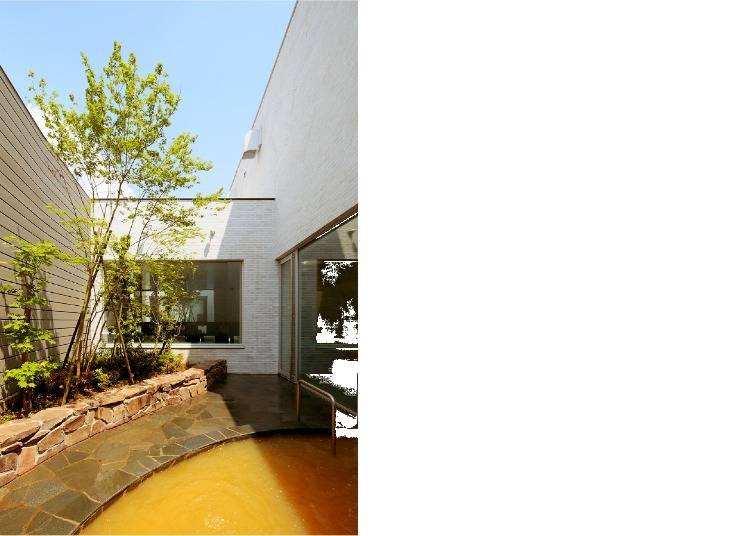
Talk about natural spring water! Other than the main bath, there are jacuzzi style baths and electric baths as well. The electric baths are not the usual kind that simply makes your skin tingle, but actually rotate between three patterns that rub, beat, and squeeze your body to knead out those tight muscles!
For only 460 yen, you can not only relax your body in healing hot baths, but you can sit back and enjoy the creations of well-known artists while you're at it! From how aesthetic and snug Hisamatsuyu is, it's super popular and there are about 900 visitors on weekends!
-
Natural Hot Spring Hisamatsuyu天然温泉 久松湯
- Address 4-32-15 Sakuradai, Nerima, Tokyo 1760002, Japan
-
Nearest Station
Sakuradai Station
- Phone Number 03-3991-5092
Business hours:
11:00 am to 11:00 pm
Closed: Tuesdays
Entrance fee:
Adults (ages 12 and up) 460 yen, Elementary School Students 180 yen, Pre-school Children 80 yen
Sauna fee:
400 yen
5. Mannenyu (Shin-Okubo / Shinjuku)
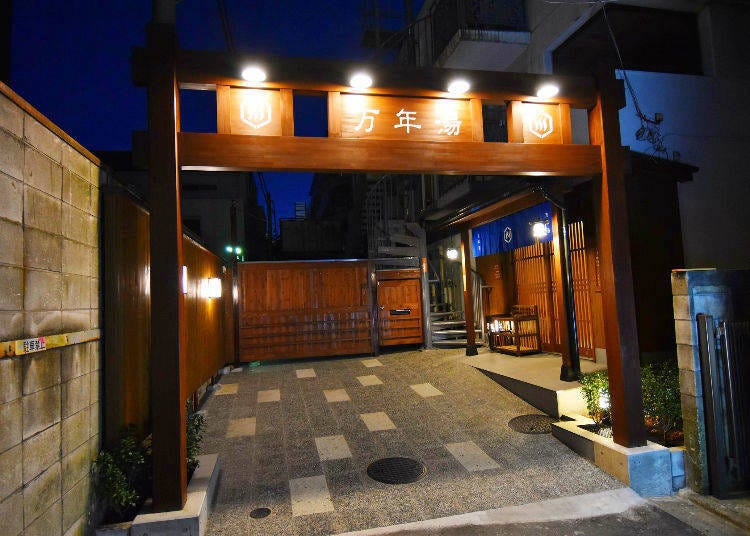
A hidden gem in the middle of a big city, Mannenyu is truly traditional sento, as it has been around since 1961! After being in business for over 50 years, it has recently been remodeled in August of 2016 to have more of a modern feel.
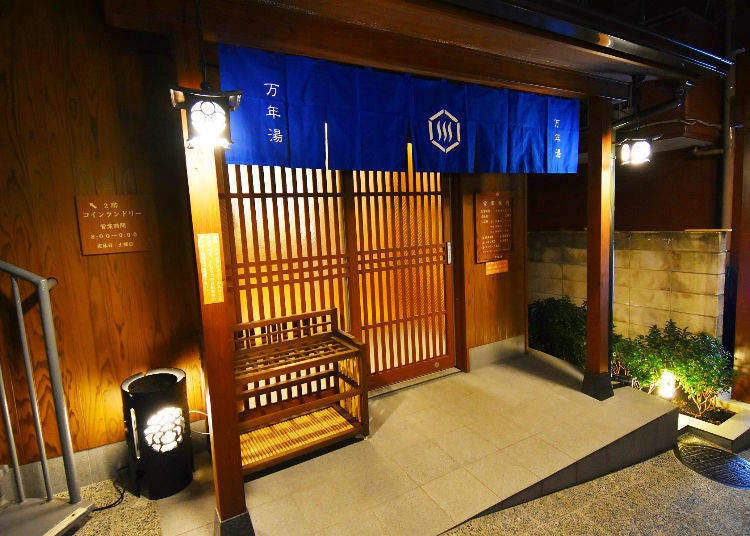
Mannnenyu’s iconic signboard at the entrance got a makeover and the inside has been refurbished as well. The decor of the baths has a brownish color theme and does well to retain the classic ambiance of the place while also appealing to those with contemporary tastes.
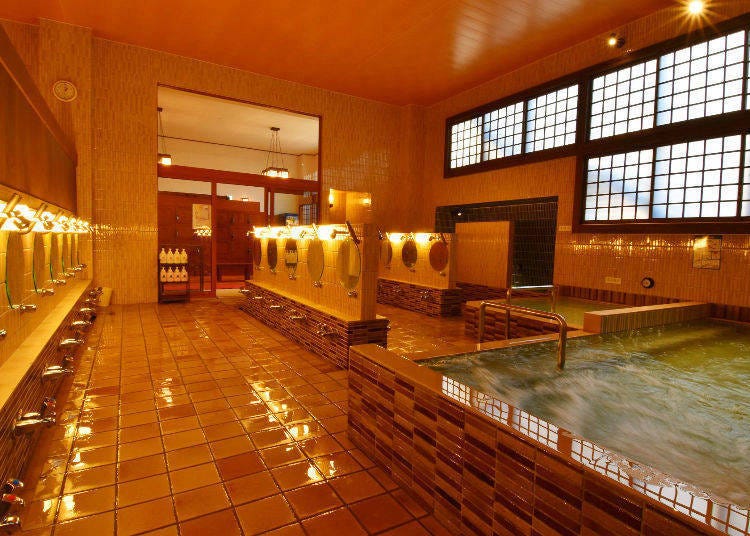
Whereas most sento tend to have pictures of Mt. Fuji, Mannenyu’s walls are decked out with crane mosaics. All baths in this tattoo-friendly onsen in Tokyo have soft water so they’re easy on the skin.
The clear water bath is set rather cool at 40 degrees Celsius so it’s safe for visitors wanting to bring their children along. There is also a 45-degree, pure white “silk bath,” which is said to reach deep into even your tiniest of pores to leave your skin feeling silky smooth. Additionally, there are massage baths including an electric bath that will make your body tingle as you soak.
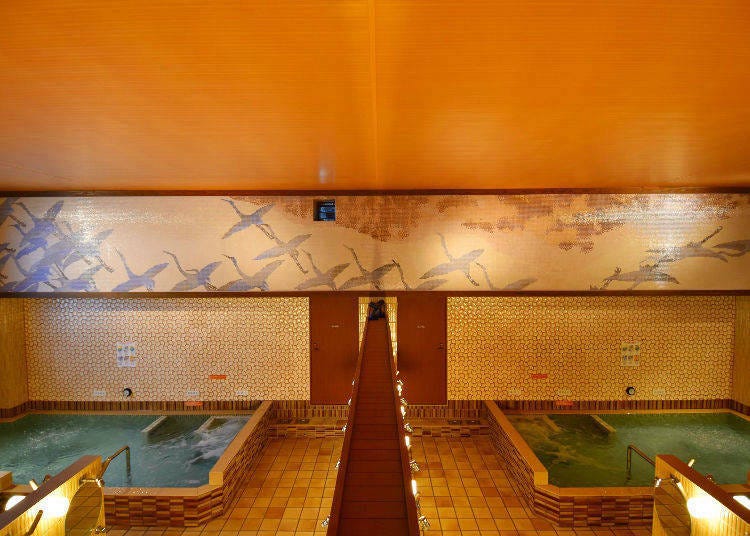
Just 5 minutes from Shin-Okubo Station in the middle of Tokyo’s exciting and hectic Korea town, walking through Mannnenyu’s gates is like walking into a completely different world.
With a fancy new signboard out front, cleaner baths, brighter lighting, and an all-around classic atmosphere, you’re likely to lose track of time in this relaxing atmosphere.
-
Mannenyu万年湯
- Address 1-15-17 Okubo, Shinjuku-ku, Tokyo, 1690072, Japan
-
Nearest Station
Shin-Okubo Station
- Phone Number 03-3200-4734
Business hours:
3:00 pm to 12:00 am
Closed:
Saturdays
Entrance fee:
Adults (Junior high and older) 460 yen, Children (Elementary) 180 yen, Pre-school children 80 yen
6. Takaban-no-Yu (Gakugei Daigaku / Shibuya)
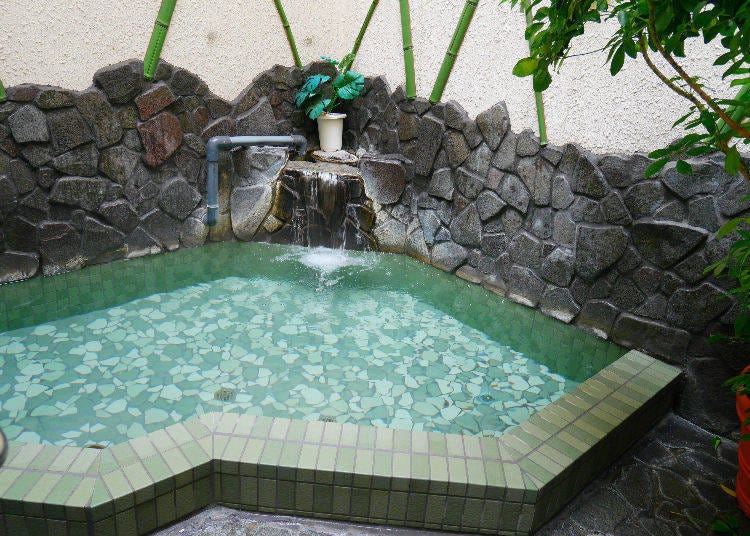
Takaban-no-Yu is located just a 10 minute walk from Gakugei Daigaku Station which is a few stops away from Shibuya Station. Takaban-no-Yu has two regular baths, six jacuzzi-type baths, a cold bath, and two different saunas that you can rest your tired body in. Of the two regular baths, one has an open roof so you can enjoy the nature surrounding you while you soak in their warm.

The jets in the jacuzzi-type baths are quite strong, perfect for relaxing your sore muscles or shoulders. The saunas include a dry sauna that utilizes its high temperature (90-100℃) to help you sweat your stress away as well as a salt sauna that is good for cleaning out your pores and promoting beautiful skin. These do cost an extra 420 yen, but they are well worth it!
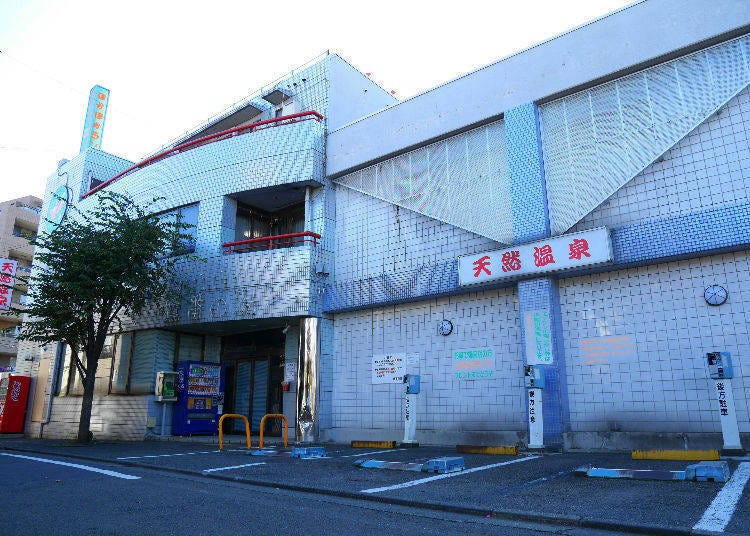
With the various types of baths Takaban-no-Yu has to offer, you are sure to reach a heightened level of relaxation. It’s easy to lose track of time with all of the different ways to relax in Takaban-no-Yu so you might want to clear your schedule before entering!
-
Takabannoyuぽかぽかランド鷹番の湯
- Address 2-2-1 Takaban, Meguro, Tokyo 1520004, Japan
-
Nearest Station
Gakugei Daigaku Station
- Phone Number 03-3713-1005
Weekday business hours:
3:00 pm to 12:30 am
Weekend business hours:
2:00 pm to 12:30 am (* front desk closes at midnight)
Closed:
Fridays, Third Thursday
Entrance Fee:
Adults 460 yen, Children 180 yen, Infants 80 yen
Bath set (large /small towel, shampoo, body soap):
210 yen
Sauna fee:
420 yen
Onsen manners: How to use public baths (Sento) in Japan
Before we launch into the list, it may be of interest to you to know that there's a proper procedure to using public baths in Japan.
First of all, take off your shoes at the entrance and put them into the gesokubako, or shoe lockers. Next, make your payment at the bandai, or reception counter. Most public baths operate on an upfront payment basis. Some of them also sell entry tickets through conveniently placed vending machines on the premises.
There are separate entrances to the male and female baths, each of which leads to a communal changing room. This is where you can start taking off your clothes. Place your clothes and valuables into a locker here, and don't forget to lock it before you leave for the bath!
When you enter the bath area, do not head directly for the bath. Use one of the shower stalls to wash off the dirt on your body first before climbing in. Most public bath waters are at a comfortably warm or hot temperature, so feel free to dip your body inside! For hot baths, five to 10 minutes is a good gauge. For baths with lukewarm water, take your time and soak for about 20 minutes.
After returning to the changing room, dry yourself with a towel. As you would have perspired quite a bit during the hot bath, remember to rehydrate. It may also be a good idea to take a quick breather in the resting room before heading off for your next activity.
Things to note before using a tattoo-friendly onsen in Tokyo
・Do not wear underwear into the bath
・Wash your body first before entering the bath
・Do not bring towels into the bath
・Shower stalls are to be used seated, turn off the water when done
・Do not wash clothes in the bath
・Dry yourself in the changing room
Public baths in Japan have limited space, so always be considerate of those around you.
Why are Tokyo's Tattoo-Friendly Onsen So Cool?
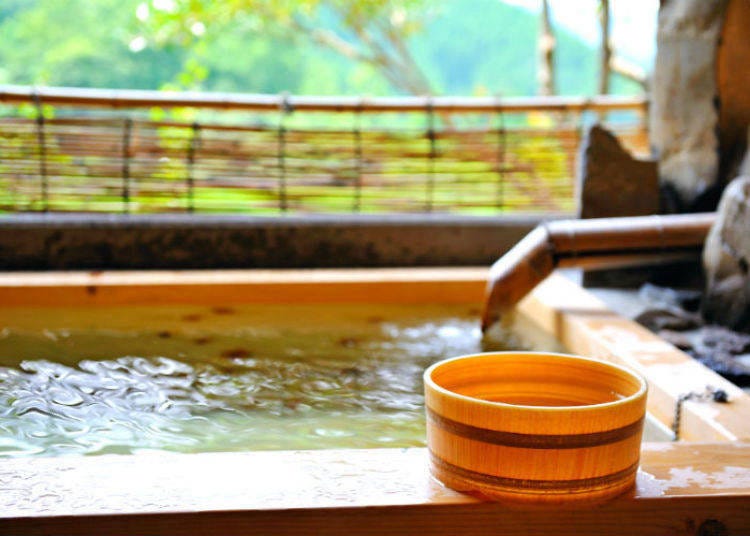
Onsens in general, are known to have a lot of positive effects on the body. For example, the heat of the water can help the body circulate blood flow as well as increase metabolism. That’s right, you can add a regular visit to the local onsen to your current diet. The buoyancy factor of the water can also be a really important relaxing factor for your body. If the water level is up to your neck, your body becomes roughly 10 times lighter, not only releasing your body from the toll gravity can take on it, but can also allow your brain to more easily enter a relaxed state. Not to mention that at the right level, the water pressure can be beneficial to your health as well. The pressure can stimulate your organs, giving them a natural massage from within your body. There are even certain onsen with specific water chemistry that can have a therapeutic effect when bathing in them. The list of positive effects goes on and on which is no wonder why Japanese love them so much!
Although everyone has their own individual thoughts and opinions on onsen, for the majority of Japanese people, onsen and sento are not simply a place to wash your body. They are a place to shed your clothes and everything that defines your status in the world and ties you down to “your place” in society. An onsen is a place to truly communicate without worrying about the day to day hierarchy that is especially prevalent in Japan. Maybe for some people nowadays, it’s even a place ask about the story behind the tattoo you didn’t know your friend or boss had hiding under his or her clothes. When you visit your next onsen, remember to wash away more than just the dirt from your travels.
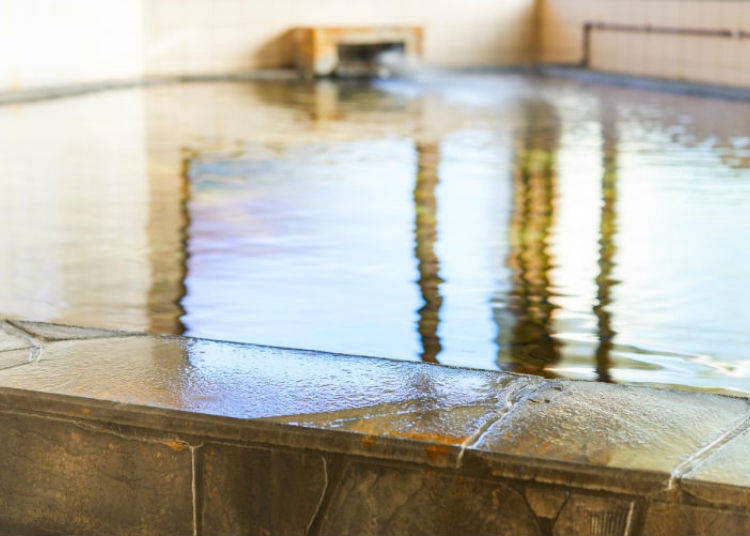
Now that you have learned of several different types of onsen in the Tokyo area, there is now nothing holding you back from trying out this amazing part of Japanese culture. This list is only a small fraction of the many tattoo-friendly onsen and sento around Tokyo and is by no means a “top 5” list. There are plenty of different styles and locations that are available to you so get out there and find the one that’s right for you!
Written by:
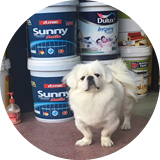
Written by:

*Prices and options mentioned are subject to change.
*Unless stated otherwise, all prices include tax.
Limited time offer: 10% discount coupons available now!
Recommended places for you
-
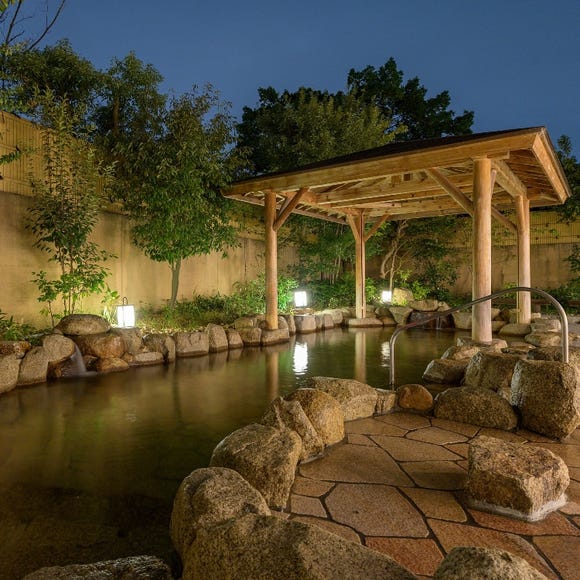
KYOTO TAKENOSATO ONSEN MANYO NO YU
Hot Springs (Onsen) & Bath Houses (Sento)
Kyoto Station, To-ji Temple
-
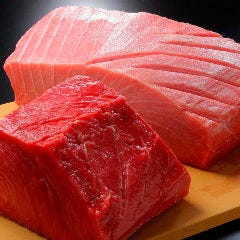
Kamesushi Sohonten
Sushi
Umeda, Osaka Station, Kitashinchi
-
Goods

Yoshida Gennojo-Roho Kyoto Buddhist Altars
Gift Shops
Nijo Castle, Kyoto Imperial Palace
-

Jukuseiniku-to Namamottsuarera Nikubaru Italian Nikutaria Sannomiya
Izakaya
Kobe, Sannomiya, Kitano
-
Appealing
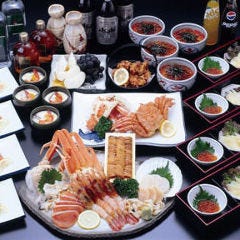
Rukku and Uohei
Izakaya
Sapporo / Chitose
-
Menu
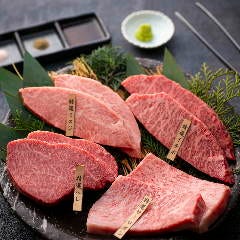
ISHIDAYA Hanare
Yakiniku
Kobe, Sannomiya, Kitano
-
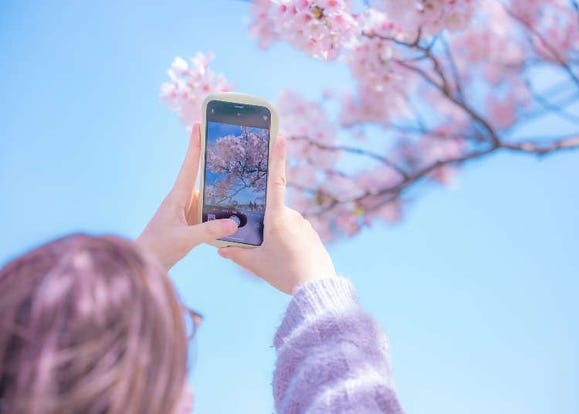
Professional Photos Even Beginners Can Shoot! 10 Tips for Taking Stunning Cherry Blossom Photos
-
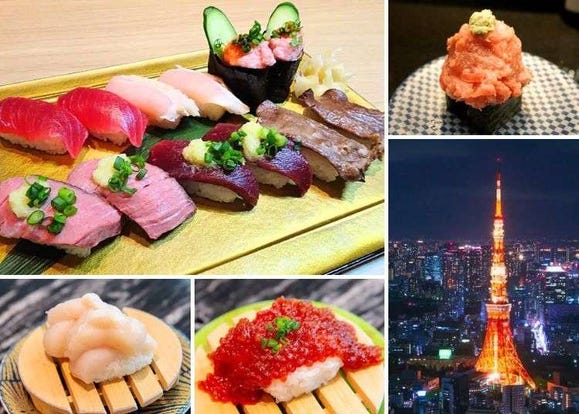
15 Must-Try Sushi Restaurants in Tokyo (+5 Trending Areas to Explore for Foodies)
-
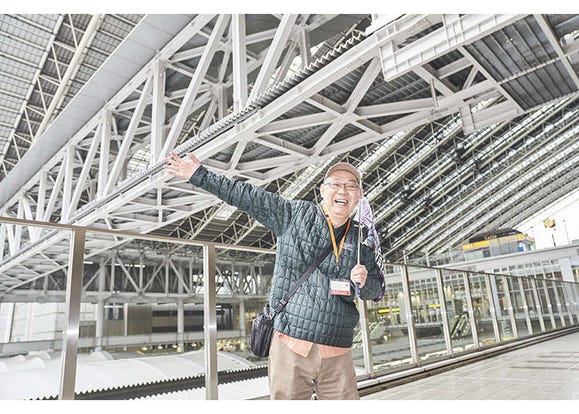
Discover Osaka Station City: A Journey Through Its Most Fascinating Spots
-
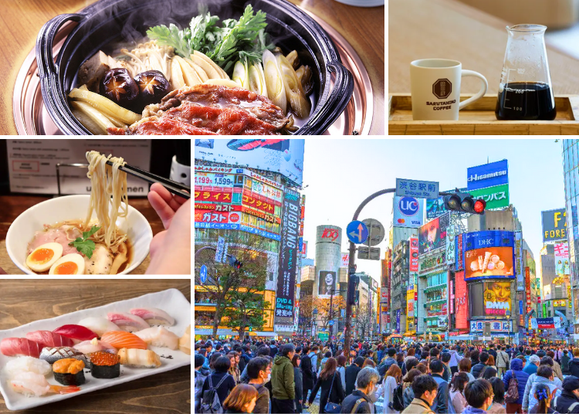
Where to Eat in Shibuya: 14 Must-Try Restaurants for Yakiniku, Sushi, Izakayas, Cafes and More
-
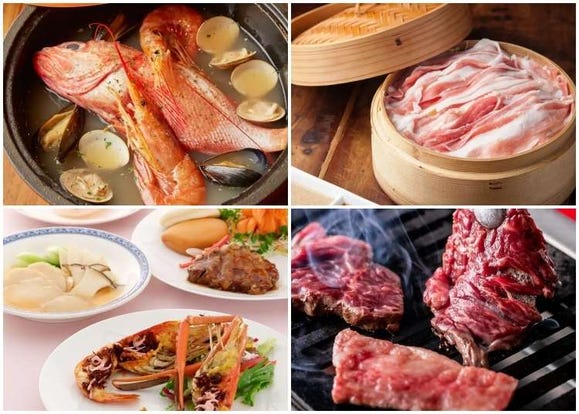
Where to Eat in Yokohama: 10 Must-Try Restaurants for Yakiniku, Izakayas, Unique Dining & More
-
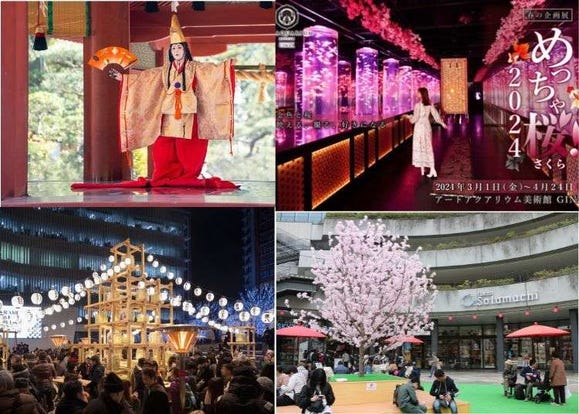
Best Things to Do in Tokyo in April 2024: Events, Festivals & More
-

Tokyo Train Map: The Complete Guide to Tokyo Subways & Railways
-
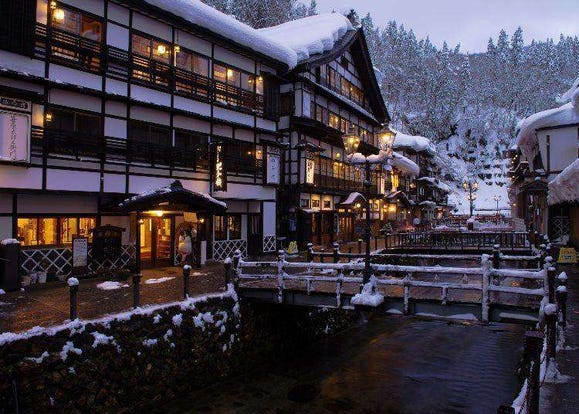
The Hot Spring Paradises of Tohoku Japan!
-

Getting to Ginzan Onsen From Tokyo, Sendai, Osaka and Yamagata: By Bus, Train, and Plane
-
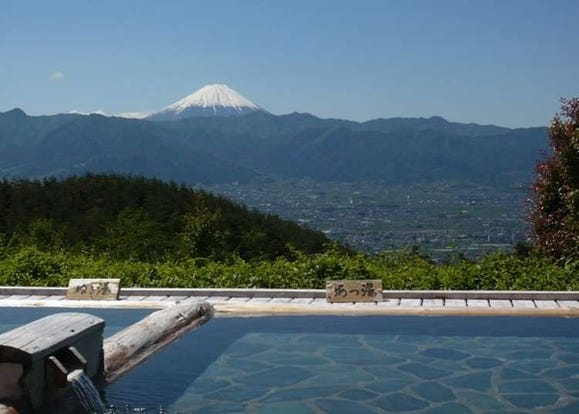
Hot-spring heaven and fruit-park paradise in Yamanashi's Koshu Valley
-
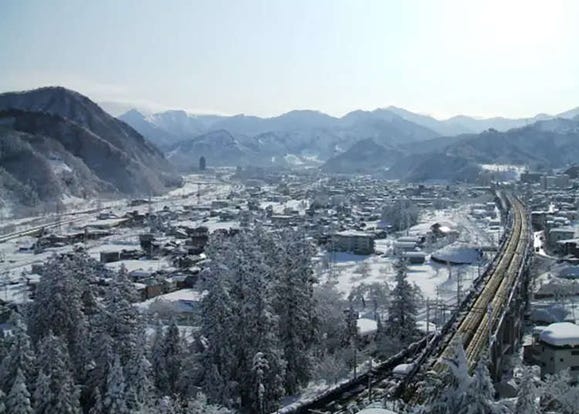
Takahan Ryokan: Enjoy Spectacular Hot Spring Views at Yuzawa's Premier Traditional Inn!
-
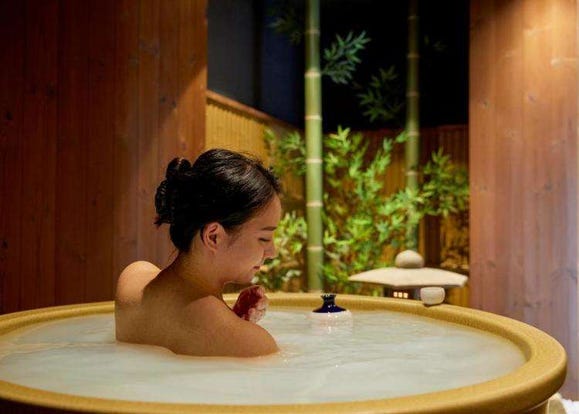
8 Recommended Hot Spring Hotels and Onsen in Osaka
- #best sushi japan
- #what to do in odaiba
- #what to bring to japan
- #new years in tokyo
- #best ramen japan
- #what to buy in ameyoko
- #japanese nail trends
- #things to do japan
- #onsen tattoo friendly tokyo
- #daiso
- #best coffee japan
- #best japanese soft drinks
- #best yakiniku japan
- #japanese fashion culture
- #japanese convenience store snacks
